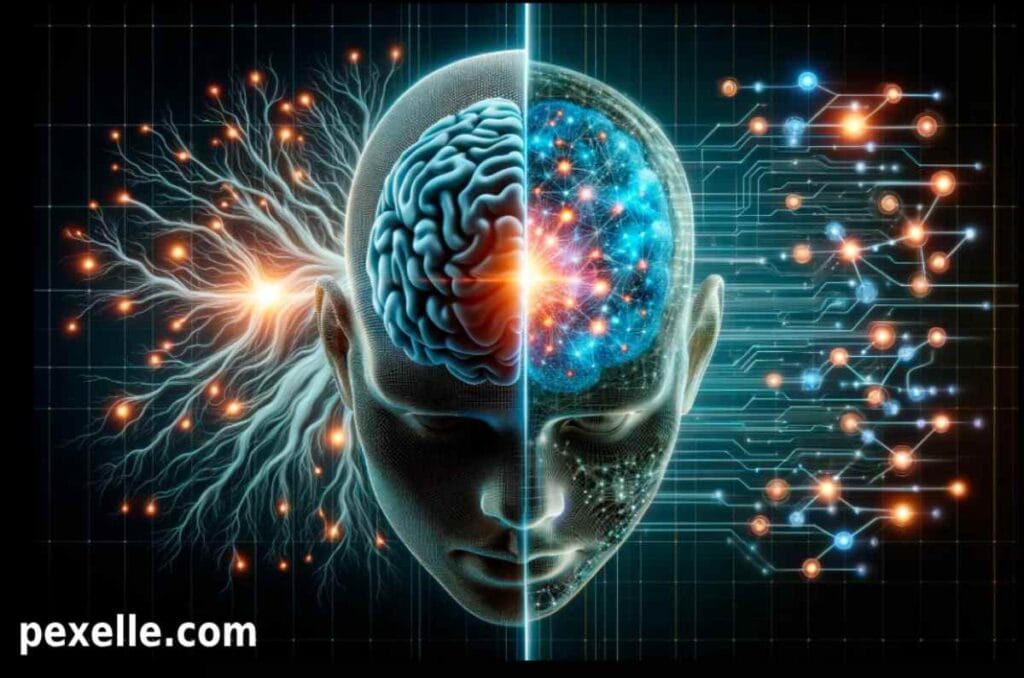Is AI a Threat or Opportunity for Memory Skills?

The rise of Artificial Intelligence (AI) is reshaping nearly every facet of human life, from how we work to how we think. One of the more subtle but profound concerns is its impact on human memory skills. As we increasingly rely on AI-powered tools for storing, retrieving, and processing information, a critical question emerges: Does AI pose a threat to our natural memory abilities, or is it an opportunity to evolve them? Let’s explore both perspectives.
📉 The Threat: Cognitive Offloading and Memory Decline
AI systems like virtual assistants, note-taking apps, and smart search engines have enabled a phenomenon known as cognitive offloading—the practice of transferring mental tasks to external tools. While this can free up brain capacity for other tasks, there’s concern that it may erode our ability to store and recall information.
- Reduced Need to Memorize
When AI can recall a fact in milliseconds, humans may feel less inclined to remember it themselves. Over time, this can lead to a weakening of short-term and long-term memory retention. - Decreased Deep Learning
Memory isn’t just about storage—it’s about creating neural pathways that help us understand complex concepts. AI may tempt us to skim answers rather than deeply engage with material, reducing cognitive depth. - Generational Impact
As younger generations grow up with AI companions, they may develop different memory strategies that prioritize speed over comprehension, potentially altering educational and developmental norms.
🚀 The Opportunity: Augmentation, Not Replacement
Despite these concerns, AI doesn’t have to be a threat. In fact, it offers remarkable opportunities to enhance memory skills rather than replace them.
- Personalized Learning Assistants
AI can adapt to individual learning styles, offering spaced repetition, gamified learning, and real-time feedback—proven methods to strengthen memory. - Creative and Strategic Focus
By outsourcing routine memorization, individuals can focus more on higher-order thinking: creativity, problem-solving, and strategy—areas where human cognition still thrives. - Enhanced Recall Through Contextual Cues
AI can help users build associations and context around information, making it easier to retrieve. For example, intelligent systems can remind you of names by linking them with recent events or locations.
🔄 Finding the Balance: Complementarity Over Competition
Rather than framing the relationship between AI and memory as adversarial, we can embrace a symbiotic model. By being aware of AI’s cognitive impacts, we can consciously design our interactions with it to support memory-building instead of undermining it.
- Use AI tools to reinforce—not replace—memory (e.g., quiz apps, spaced repetition tools).
- Combine AI-generated information with reflection and discussion to enhance retention.
- Limit overdependence on search engines for simple facts and practice active recall.
🧠 Final Thoughts
AI is neither a pure threat nor an unconditional opportunity—it is a tool. Its effect on memory depends on how we use it. If we engage mindfully, AI can act as a powerful ally in developing sharper, more resilient cognitive skills. If we over-rely on it passively, we risk atrophy in essential areas of human intellect. The choice—and responsibility—rests with us.
Source : Medium.com





There are certainly a variety of details like that to take into consideration. That could be a nice level to carry up. I supply the thoughts above as normal inspiration but clearly there are questions just like the one you deliver up the place an important factor can be working in sincere good faith. I don?t know if finest practices have emerged around things like that, but I am positive that your job is clearly identified as a good game. Each boys and girls really feel the influence of just a moment’s pleasure, for the remainder of their lives.